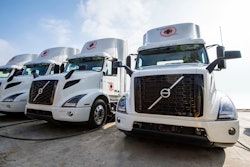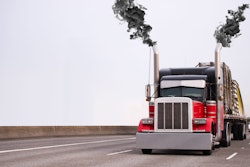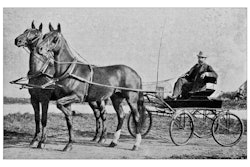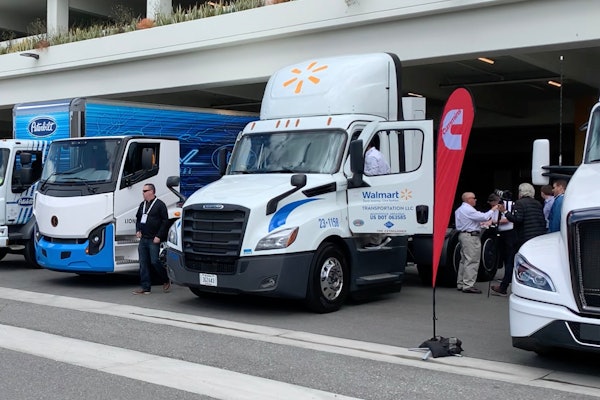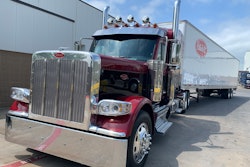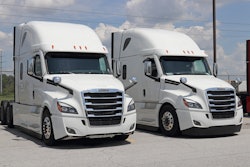More than 98% of nitrogen oxides (NOx) and particulates have been taken out of emissions since 1988, said Bill Sullivan, executive vice president for advocacy at American Trucking Associations (ATA). But despite dramatic advances like that, the freight industry can’t keep pace with the policy and public discussion that continuously hurtles a growing list of acronyms from ESG (environmental, social and governance), NZEV (net zero emission vehicles) and BEV (battery electric vehicles) to ACF (advocacy coalition framework) and EJ (environmental justice) to name a few.
Sullivan sat down with a panel of experts at the ATA Management Conference & Exhibition this week to discuss the direction the industry, the country and the world are headed on such quickly and consistently evolving topics and what they’ve learned and the challenges they’ve faced in confronting state and federal regulators and lawmakers, as well as media and the public discussion, that distorts the industry’s options in picking winning and losing technologies before they're proven.
Srikanth Padmanabhan, president of the engine business at Cummins Inc., said the industry is headed for Destination Zero – Cummins’ terminology for its mission in meeting the world’s sustainability challenges.
“Net zero for me is something we have to do just for the fact that my grandkids should not ask me, ‘What were you doing in 2020 and 2030 that you could have left a better place for me,’” Padmanabhan said. “How do we get there? I think it is not a light switch event. It is going to take time. I also think it is going to happen in multiple ways. It’s not going to be one solution.”
Those solutions involve renewable diesel and renewable natural gas, hydrogen and battery electric, he said.
UPS (CCJ Top 250, No. 2) has been working toward a better future for decades, making investments in innovation, not driven by the government alone, driving efficiencies through route planning and more recently partnering with Cummins to roll out a significant natural gas fleet and taking that to the next level by using renewable natural gas.
UPS President of U.S. Government Affairs Michael Kiely said everyone talks about CO2, but methane is 80 times more toxic for the environment. He said many are focused on electric, but it’s important not to overlook current solutions like renewable natural gas that can have a major impact right now.

